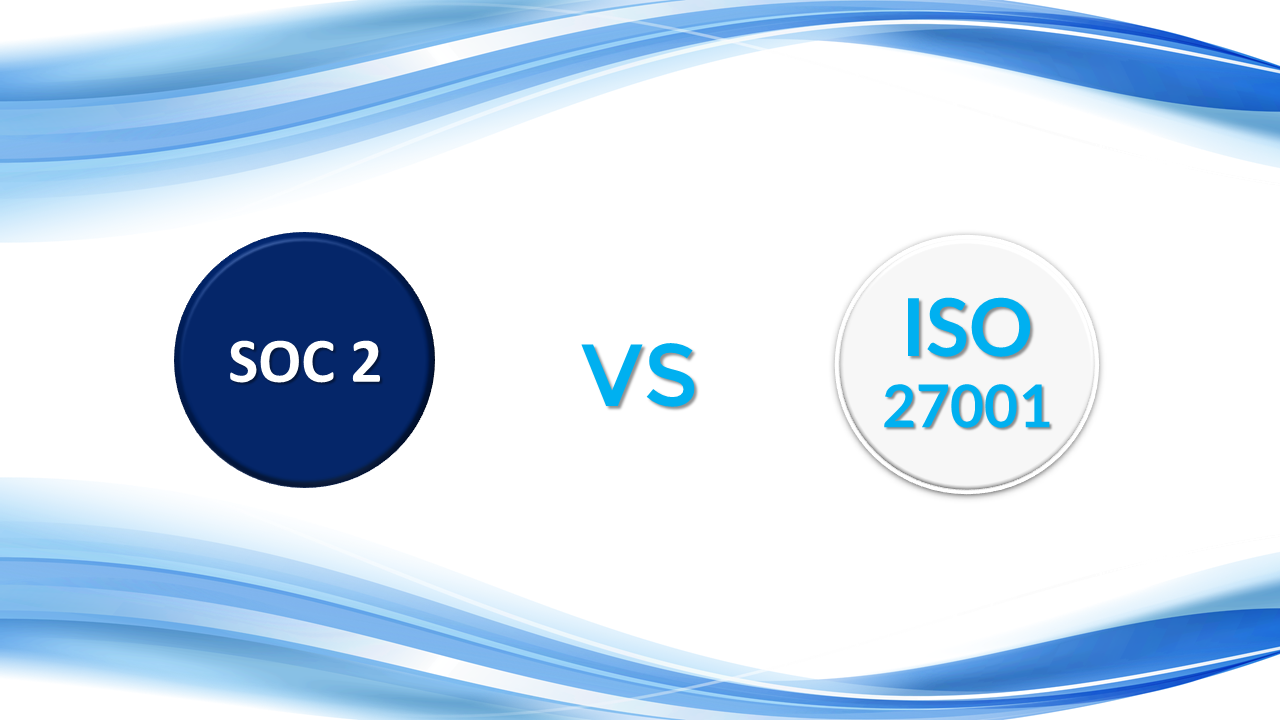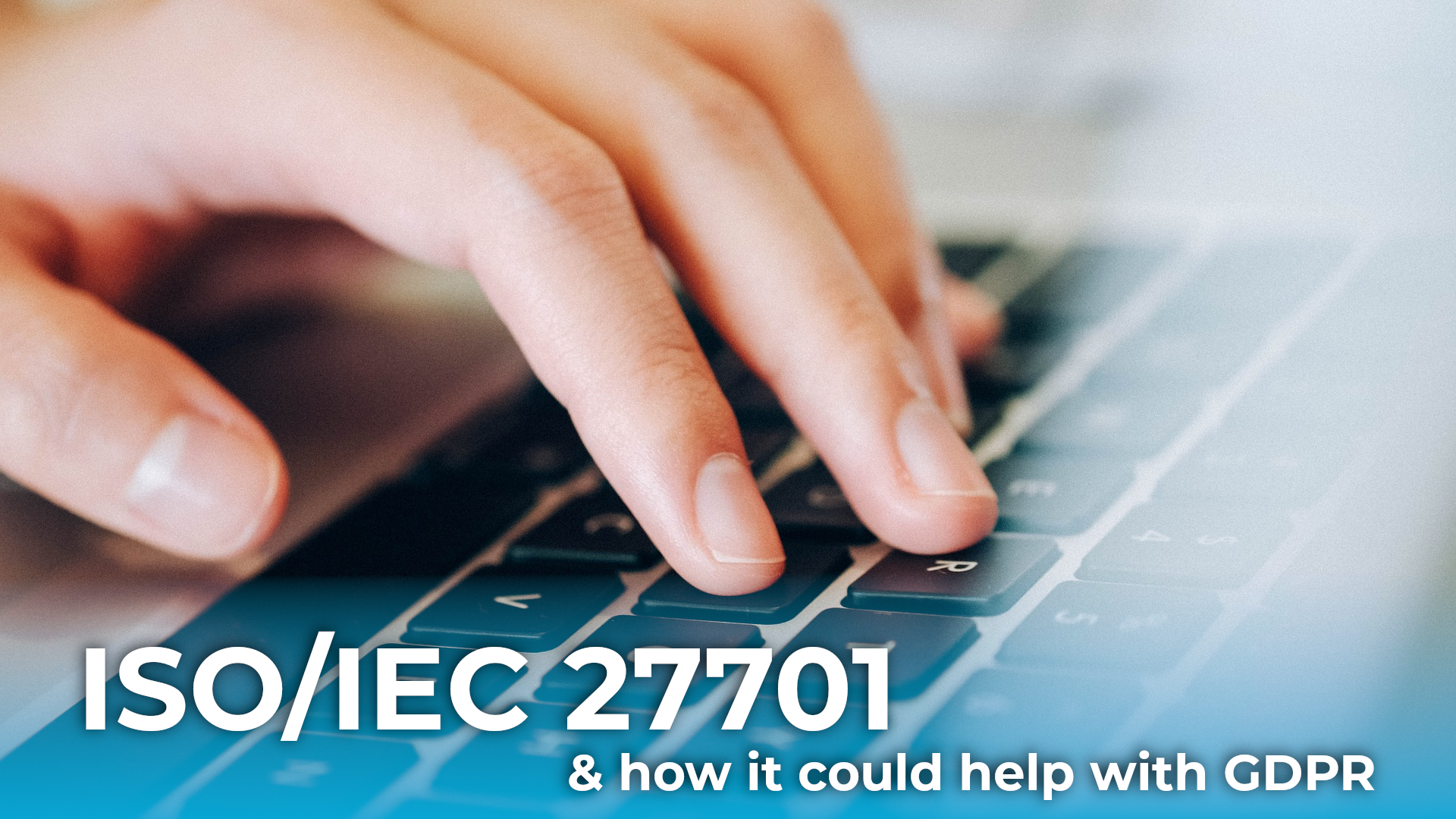ISO 27001 is an internationally recognised standard for information security management systems (ISMS). It provides a framework for organisations to establish, implement, maintain, and continually improve their information security practices. ISO 27001 outlines clear requirements for managing risks, safeguarding sensitive information, and ensuring data confidentiality, integrity, and availability within an organisation.
Estimating the cost of an ISO 27001 certification can feel overwhelming due to the numerous variables involved. So how can you get a ballpark estimate for certification when there is so much potential variability? And how can you be assured the quote provided by the service suppliers is accurate?
Cost Breakdown
There are various ways to estimate this cost and it is dependent on how you want to employ your resources for the certification process. You may decide to employ internal resources as it may appear to be the most cost-effective but in reality — it’s quite expensive. An internally employed Information Security Consultant will cost about £50,000-£100,000 per year.
Alternatively, you may consider engaging an experienced consultant to bring together your team and work in collaboration to facilitate a smoother certification process. This option is particularly beneficial for small and medium-sized businesses (SMBs). Another emerging approach for achieving and maintaining ISO 27001 certification is using compliance software. While these tools can expedite the process, it’s worth noting that having an accredited and trusted consultant to guide you adds an extra layer of preparedness to your overall audit readiness.
If you’re considering embarking on the ISO 27001 Certification journey and seeking board-level approval, it’s crucial to be aware that the cost typically falls within the range of £5,000 to £40,000. The variation in prices is dependent on the following factors which you should consider. However, around each factor, there may be options to minimise costs.
- The size of your organisation and the physical locations involved: Start by looking at the bigger picture of how many locations will be in scope depending on the size of each.
- Define the scope of the ISO 27001 certification: If it is just one business function that requires ISO 27001 then consider limiting the initial scope. Other functions and/or locations can be added later.>/li>
- Define the controls you wish to implement within the framework for the defined scope: The beauty of ISO 27001 is the flexibility to choose your controls to implement but be prepared to define why the control is not required. You may have to justify this decision to an auditor!
- The current maturity level of your Information Security Management System (ISMS): Identify the gap between the current state and the desired state of the control environment. You might be closer to achieving the control’s requirements than you thought.
- The level of outsourcing and third-party arrangements within the scope of the ISMS: This encompasses activities and relationships where sensitive information is shared, processed, or managed by external entities on behalf of the organisation.
- The fees charged by the certification audit companies: Some auditors charge less but be mindful if they are an accredited auditing body. Auditors that are not accredited cannot issue certification to the standard.
- The gap between the current ISMS and what is required by ISO 27001: You may need a company such as Risk Crew to deliver an ISO 27001 Gap Analysis exercise that will provide an accurate analysis of what is required to be ready for ISO 27001 certification. This will provide a roadmap of the tasks to be done — saving you time and resources.
That last point is important, and it is where an ISO 27001 Gap Analysis exercise can help. The objective of the activity is to identify the gaps in your current ISMS (assuming you have one) and what is required by ISO 27001. The exercise will look at your existing documentation, security procedures and available skill sets.
The cost isn’t a reflection of the complexity of what your organisation does or the sensitivity of the information you deal with.
Some companies decide to adopt ISO 27001 but not to go for certification, which we would not advise our clients. Going for certification must have top management buy-in and sponsorship. This provides the required authority to implement ISO 27001 and may require changes to current working practices and the adoption of new policies. We have seen companies who have opted for implementation but not certification struggle to implement ISO 27001 due to a lack of management buy-in and authority.
ISO 27001 Certification Cost by Stages
- Stage 1 Audit: This is typically known as the “Readiness Review” or “Documentation Review” stage. It usually takes about 1-2 days and may cost between £1,400-£2,800 and above. It involves an initial assessment of an organisation’s information security management system (ISMS) to determine its readiness for ISO 27001 certification.
- Stage 2 Audit: This is the final audit stage for the certification process. The audit assesses the organisation’s implementation of the ISMS and its effectiveness in meeting the requirements of the ISO 27001 standard. It usually takes about 3-10+ days and may cost between £4,000-£14,000 or higher. Upon successful completion of Stage 2, the organisation can become ISO 27001 certified, demonstrating its commitment to information security management.
- Surveillance Stage: The surveillance stage is an ongoing process throughout the duration of the ISO 27001 certification. It also includes a re-certification process which takes about 1-5 per annum and may cost between £1,400-£7,000 or higher.
How Long Will the External Audit Take?
The time required for the audit is directly proportional to the number of employees in the defined ISO 27001 scope. Small companies may only require a 2- or 3-day audit while large company audits may take weeks. To expedite the audit process, audit companies often deploy a team of auditors. It’s important to be aware of this, as the auditors will need to engage with management and employees during the audit. Therefore, management and employees need to be available for discussions and interviews with the audit team. Understand the Top 3 Areas Many Fail in an ISO 27001 Audit to ensure you aren’t missing items that will eat up the audit time.
Is It Difficult to Get Started with ISO 27001?
Getting started with ISO 27001 can have its challenges, but it is certainly achievable with proper planning and commitment. The difficulty level can vary depending on factors such as the size and complexity of the organisation, the existing information security practices, and the level of support and resources available.
Some of the common challenges organisations may face when getting started with ISO 27001 include:
- Understanding the Standard: This is especially for those who are new to information security management systems.
- Resource Allocation: Implementing ISO 27001 requires dedicated resources, including personnel, time, and financial investment to effectively establish and maintain the ISMS.
- Gap Analysis: Conducting a thorough assessment of the existing information security practices and identifying the gaps between the current state and ISO 27001 requirements can be a time-consuming and meticulous process.
- Cultural Change: This may require changing employee mindsets, behaviours, and practices, which can be a gradual process.
- Documentation: Developing the required documentation, such as information security policies, procedures, and risk assessments, can be demanding, especially if the organisation lacks structured documentation practices.
You need not worry about the difficulties as Risk Crew is dedicated to demystifying the process. Read more on how we helped Agrimetrics successfully attain its ISO 27001 Certification here.
Need Help with Estimating Your Costs?
Risk Crew ISO 27001 experts can guide you through the estimate process to develop a quote. We’ve helped many organisations from small to large achieve and successfully maintain certification.
Our ISO 27001 compliance services are delivered by certified and seasoned ISO 27001 Practitioners who possess a host of industry-recognised information security governance, risk and compliance certifications. They consider and address all your business objectives throughout the compliance cycle.
Risk Crew offers a variety of consultancy options to help you gain and maintain ISO 27001 compliance. Find out more here or instantly download our service overview.




